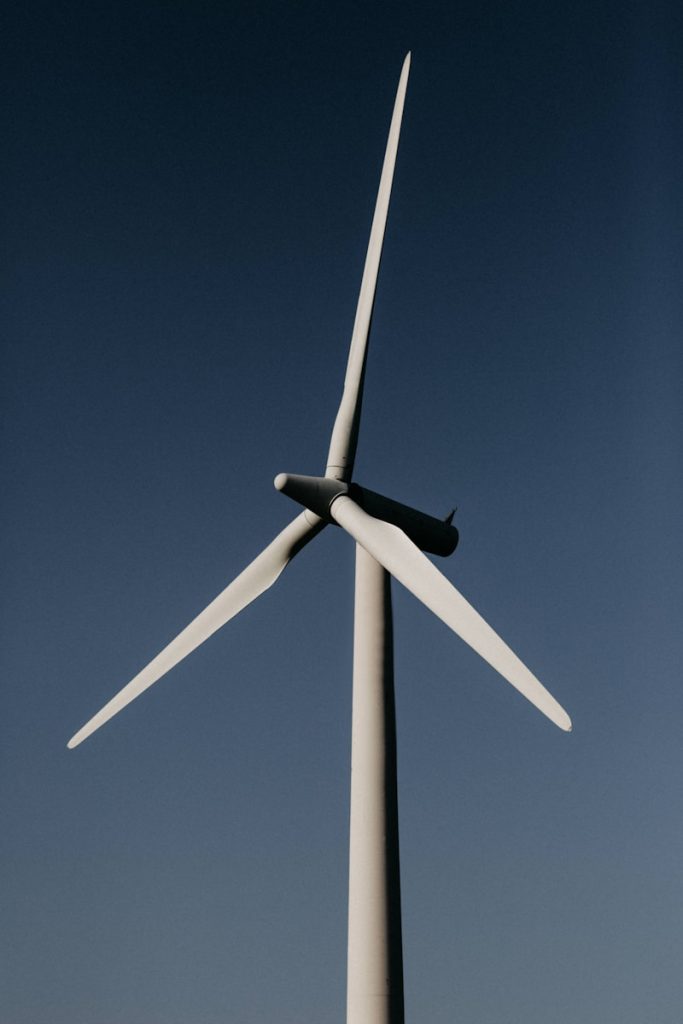The race to achieve net-zero greenhouse gas emissions by mid-century is at a critical juncture, as the pace of the energy transition across Europe reveals stark contrasts among leading nations. A recent analysis highlights Denmark and Norway as frontrunners in the shift toward renewable heating and electricity, while the UK and Germany grapple with persistent challenges that threaten their climate goals.
To realise climate neutrality, setting interim targets is essential. For instance, the electricity sector must complete its transformation by 2035. “We need more than just emissions data; early warning indicators are crucial for tracking infrastructure development and ensuring that political measures accelerate progress,” emphasises Christof Schiller, a governance expert at the Bertelsmann Stiftung and head of the Sustainable Governance Indicators (SGI).
The collaborative study between the Research Institute for Sustainability – Helmholtz Centre Potsdam (RIFS) and the Bertelsmann Stiftung examines the readiness of these countries for climate neutrality and identifies obstacles that need addressing. Each sector displays varying levels of progress: Denmark and Norway excel in renewable electricity and heating, with Norway leading the way in the e-mobility sector.
Denmark and Norway Setting the Standard
Denmark has established clear targets that could enable it to fully transition to green electricity by 2029. Norway is nearly finished with its transition to e-mobility, demonstrating that aggressive policy measures can yield significant results. However, Germany and the UK continue to fall short in these areas. The need for explicit targets in Germany is pressing, particularly in expanding energy grids, improving energy storage solutions, and aligning transmission goals.
Schiller highlights that “Germany’s high electric vehicle costs and the limited availability of charging stations hinder short-term growth in e-mobility.” Currently, the decline in combustion engine vehicles is insufficient to ensure zero emissions by 2045, posing a significant challenge for the country’s climate targets.
E-Mobility Initiatives
Norway’s comprehensive approach to e-mobility, characterised by early financial incentives for electric vehicles, has set it on a path to achieve 100% electric vehicle sales next year. This contrasts sharply with the strategies in Denmark and the UK, where a more cohesive approach is needed to catch up. Thorsten Hellmann, an economics expert at the Bertelsmann Stiftung, states, “Norway’s success in e-mobility can be attributed to its proactive measures promoting emission-free vehicles.”
Challenges in the Heating Sector
The heating sector poses additional challenges for Germany, which needs to double its heat pump installations to meet its 2030 targets. The UK finds itself in an even more precarious position, lagging behind its European counterparts. Denmark stands out for its leadership in emission-free heating, having banned oil and gas boilers in 2013, while Norway aims for full heat pump coverage by 2030, showcasing its commitment to sustainable energy solutions.
Denmark and Norway are paving the way in renewable heating, electricity, and road transport, while Germany and the UK must significantly increase their efforts. The goal of achieving climate neutrality by mid-century remains attainable, but only if nations enhance their policy frameworks, regulations, and infrastructure to support a united energy transition across Europe.
